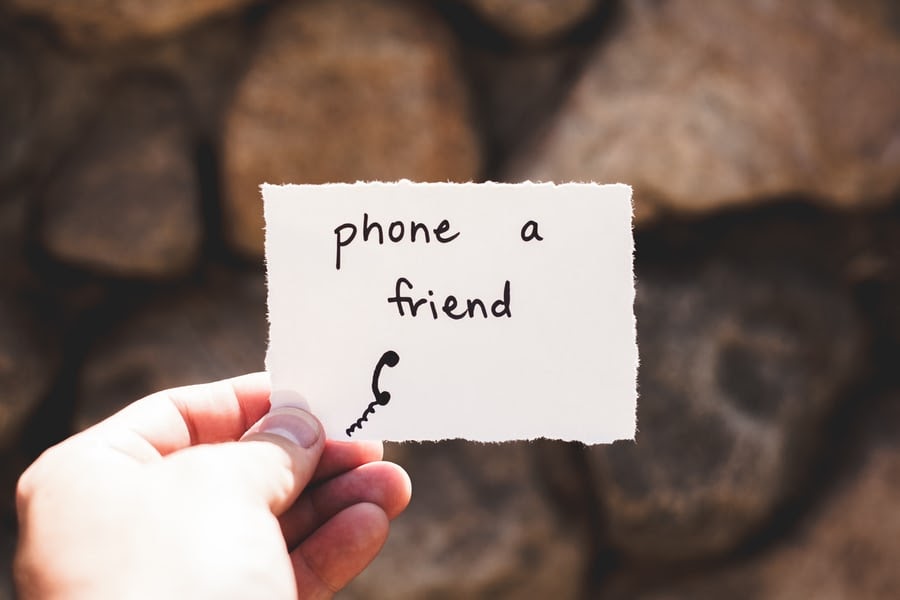Though we all know that death is a part of life, it’s something we’re almost never prepared for. Preparing in advance for a loss we know is coming gives us the chance to gain closure and protect our mental and emotional health.
1. Make Things Right
Anticipatory grief can be just as painful as reactive grief. We may start feeling anticipatory grief, or grieving that comes before a painful event actually takes place, as soon as we get the news that a loved one is facing death. Like any grief, this makes us feel sad, depressed, angry, and even empty.
Yet one advantage of anticipatory grief is we still have a chance to end things on that perfect note: a perfect note that’s denied to us when death happens suddenly. We never have to add to our final grief the pain of knowing we didn’t tell someone we loved them, never thanked them for their effect on our lives, or never asked them to forgive us.
2. Seize The Opportunity
Consider the last few years of your relationship. What have you said or done that you wish you could take back? What have they said or done that you’ve never fully discussed? How have you deliberately set out to show love and where have you failed to do so?
It’s not too late to get started. You still have a chance to make and share memories and say a proper goodbye. It may not be easy, but it will comfort your loved one and bring you the closure you need to deal with the future.
3. Protect Your Own Mental Health
Few things are more stressful than the death of a loved one. One thing that makes it hard is the way it feels like the end of everything, yet for us, it isn’t. We have to keep going. We have to keep paying bills, caring for children, fulfilling responsibilities, and maintaining relationships.
There’s no shame in getting help to deal with the intense anxiety that can come when we face the death of a loved one. At the Ross Center, you can get help and learn the techniques you need to face the future with strength and confidence.
Honor Your Grieving Process
For ourselves, better mental health restores happiness and gives us the resilience to face the future. But preserving our mental health is something we need to do for others, too.
A dying loved one may be facing even more stress than we are, and the last thing they need is a burden of guilt. Seeing us struggle with our mental health without getting the help we need could fill them with depression and fear.
Bereavement is a natural process of dealing with a loss. While we can have anticipatory grief, we won’t experience true bereavement until the moment of our loved one’s death. Preparing for that moment can’t make it go away, but it can give us the resources we need to manage.
To get through this time, we will need to let our loved one go. That doesn’t have to happen immediately after their death, nor should it, but it needs to happen eventually. That’s because the symptoms of bereavement–like anger, trouble sleeping, and lack of productivity–aren’t something we can live with forever.
Work now on your network of caring friends and let them know you’ll soon be facing a bereavement. Don’t lock them out: invite them in. Let your boss or supervisor know that you’ll need time off and talk with teachers at your children’s school so no one is surprised by a sudden upheaval in your routine.
Take care of your physical needs. As much as you may not feel like eating or sleeping, these are crucial to dealing with bereavement and getting through it. Think now about how to keep healthy food on hand and talk to your doctor about how to manage your sleep.
Just remember that there is life, love, and joy even after loss, and keep your eye on what matters most.



